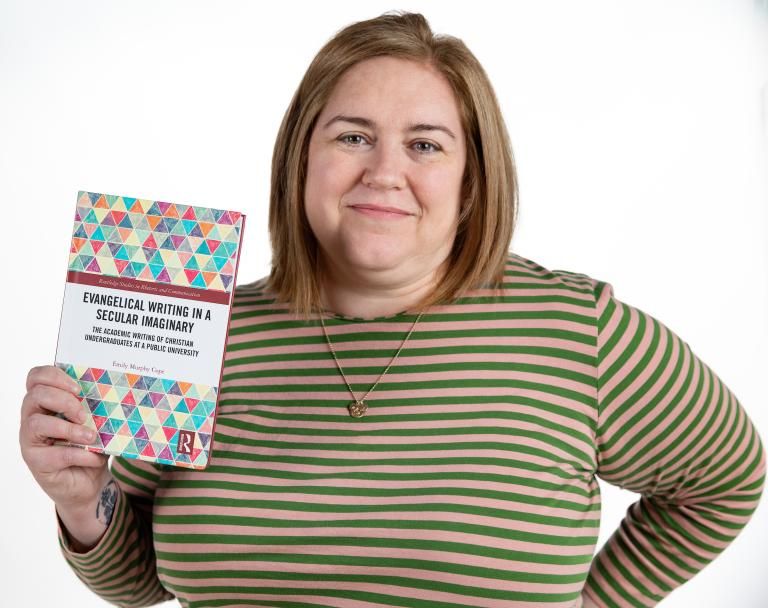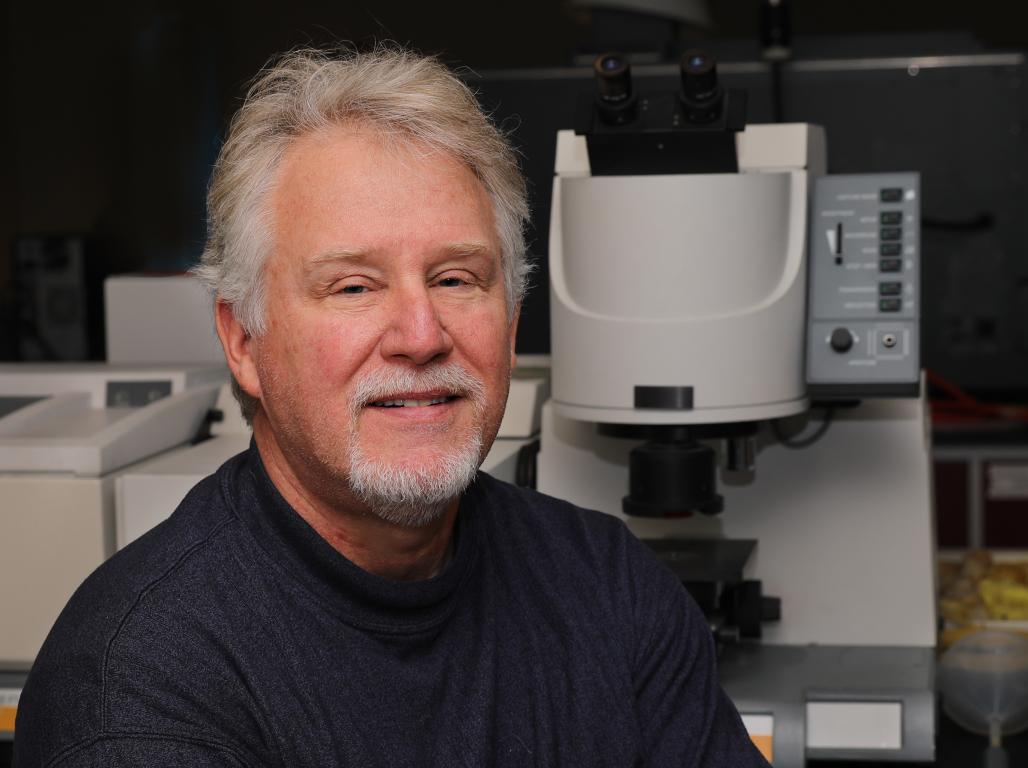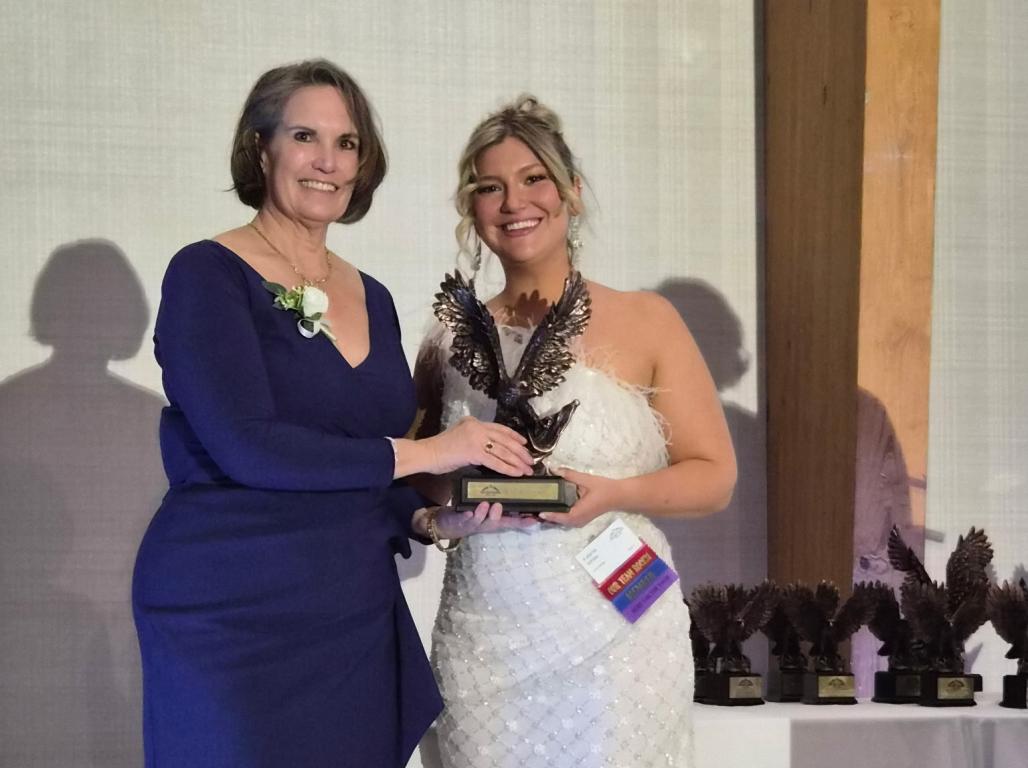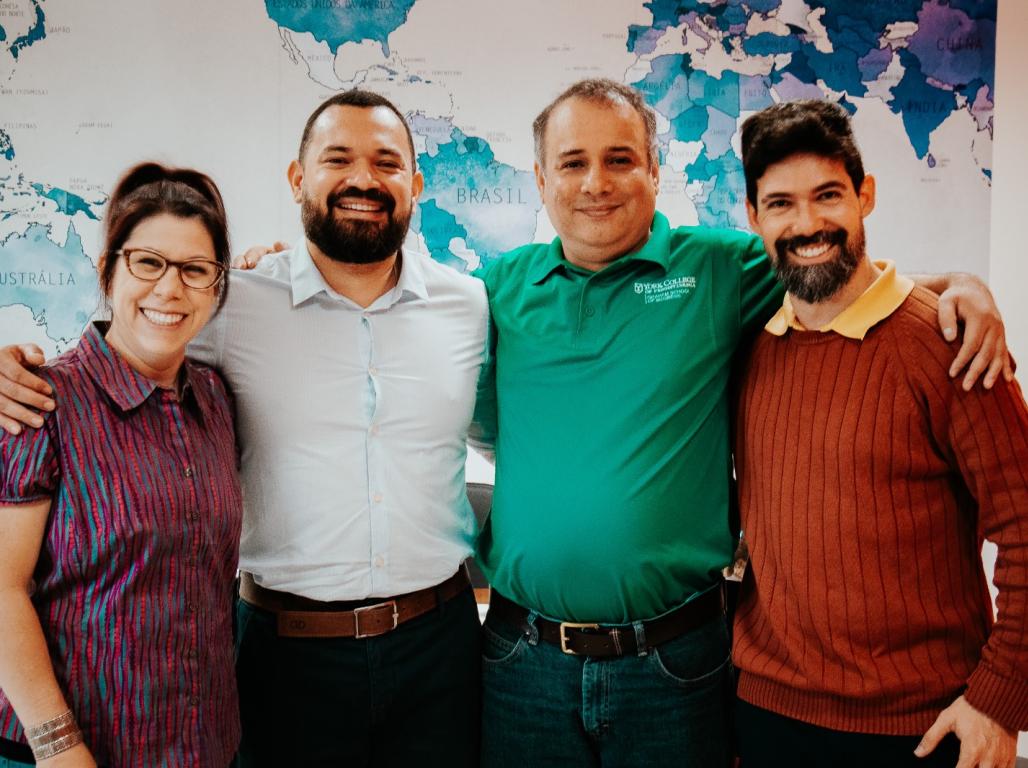York College Professor of Writing Publishes Book Examining the Academic Writing of Christian Undergraduates

Dr. Emily Cope serves York College as the Director of the Center for Faculty Excellence and as an Associate Professor of Rhetoric and Composition.
Her research and teaching are focused on rhetoric, religion, and writing, and she has studied American evangelicals’ rhetorical practices extensively. A decade ago, Dr. Cope collected data for a book. She has been working on the project ever since, including giving conference presentations along the way. In 2020, she published an article about part of her work in Research in the Teaching of English, a top research journal in the field of Writing Studies.
“Working on this article allowed me to refine my thinking about the data I was working with,” she said. “I collected and analyzed interviews with 10 evangelical students at a public university and over 200 samples of their writing for college. With this article under my belt, I was more prepared to pitch the book to publishers, so it ended up being a really important part of the process for me."
Evangelical Writing in a Secular Imagery: The Academic Writing of Christian Undergraduates at a Public University, published by Routledge in February 2024, explores and analyzes the writing experiences of American evangelical Christians in college; specifically, how those students communicate with others who are different from them and how they perceive their own writing. It also discusses how best to “teach them to participate in academic inquiry and prepare them for civic engagement,” according to Dr. Cope.
“There are a lot of misperceptions about evangelical Christian students writing only about explicitly religious subjects,” she explains. “In this book, I sought to analyze whether this is true or not.”
What Dr. Cope found from interviewing evangelical undergrads and looking at their actual writing for college is that they rarely wrote about their faith explicitly. None of them cited the Bible or attempted to “witness” to their professors or peers in their academic writing.
“For the most part, I found that these young evangelicals had internalized the norms of the secular world we live in,” she said. “It’s not that they didn’t think their faith was important to their college experiences, but they perceived faith and spirituality as relevant and appropriate only in certain settings.”
According to Cope, a few of the first-year evangelicals she interviewed did write about topics that are typically associated with conservative Christians, like abortion and sexuality. Others weren’t quite sure how to incorporate their faith in academic writing and just avoided it altogether. But half of the evangelicals who participated in the study described very creative and appropriate ways of enacting their faith in their writing for college.
“Usually, they did this by finding points of overlap or intersection between their Christian values and the values of the academic communities they were part of,” Cope said. “For example, one of the participants, Rachel, was a psychology major doing undergraduate research about eating disorders with her faculty mentor. Rachel felt that doing research that might help experts understand and treat eating disorders was a way of living out her Christian faith, which asks her to help those who are suffering, and aligned with the values of the field of psychology. That’s just one example of the creative ways these young evangelicals integrated their Christian identities in their academic writing without writing about faith explicitly.”
Looking back on the lengthy process of having her book published, Dr. Cope acknowledged the challenge of finding time to work on the project. In addition to a sabbatical in Spring 2023, where she was able to focus on writing for a semester, she also wrote virtually with other women writers across the Atlantic, carving out small portions of time where she could to make progress.
“It’s about small goals,” she says. “Putting one foot in front of the other, managing small aspects of the project, that kind of thing.”
While she’s proud of the accomplishment of publishing a book overall, her proudest moment throughout this process was the opportunity to set an example for her children to see someone meet such a huge goal.
“My kids supported me throughout this whole process, and I was so proud that they were able to see a woman finishing and publishing a book while still being a mom,” she adds.
Cope loved the process of gathering qualitative data and researching, and she feels a sense of relief at such a large project being completed. “I’m ready to move on,” she says.
And moving on looks like jumping right into another project. Facilitated through Elon University’s Center for Engaged Learning, she’ll be a part of the 2024-2026 Research Seminar on Affirming and Inclusive Engaged Learning for Neurodiverse Students, a multi-institutional research team studying the educational experiences of neurodiverse undergraduates.
While she intends to remain in the field of American religious rhetoric, Dr. Cope senses her research focus moving in this direction. She’s excited to learn more about the experiences of neurodiverse college students and practices to better support them.
‘I’m looking forward to working with experts from a range of disciplines to better understand the gifts and needs of neurodivergent college students,” she said. “I’m personally very interested in the relationship between executive functioning and college-level writing and communication tasks. But this project will also consider how neurodivergent college students experience ‘engaged learning’ situations such as internships, project-based learning, service-learning, and other hands-on learning experiences. I’m hoping we learn about ways to help this amazing group of college students thrive.”




